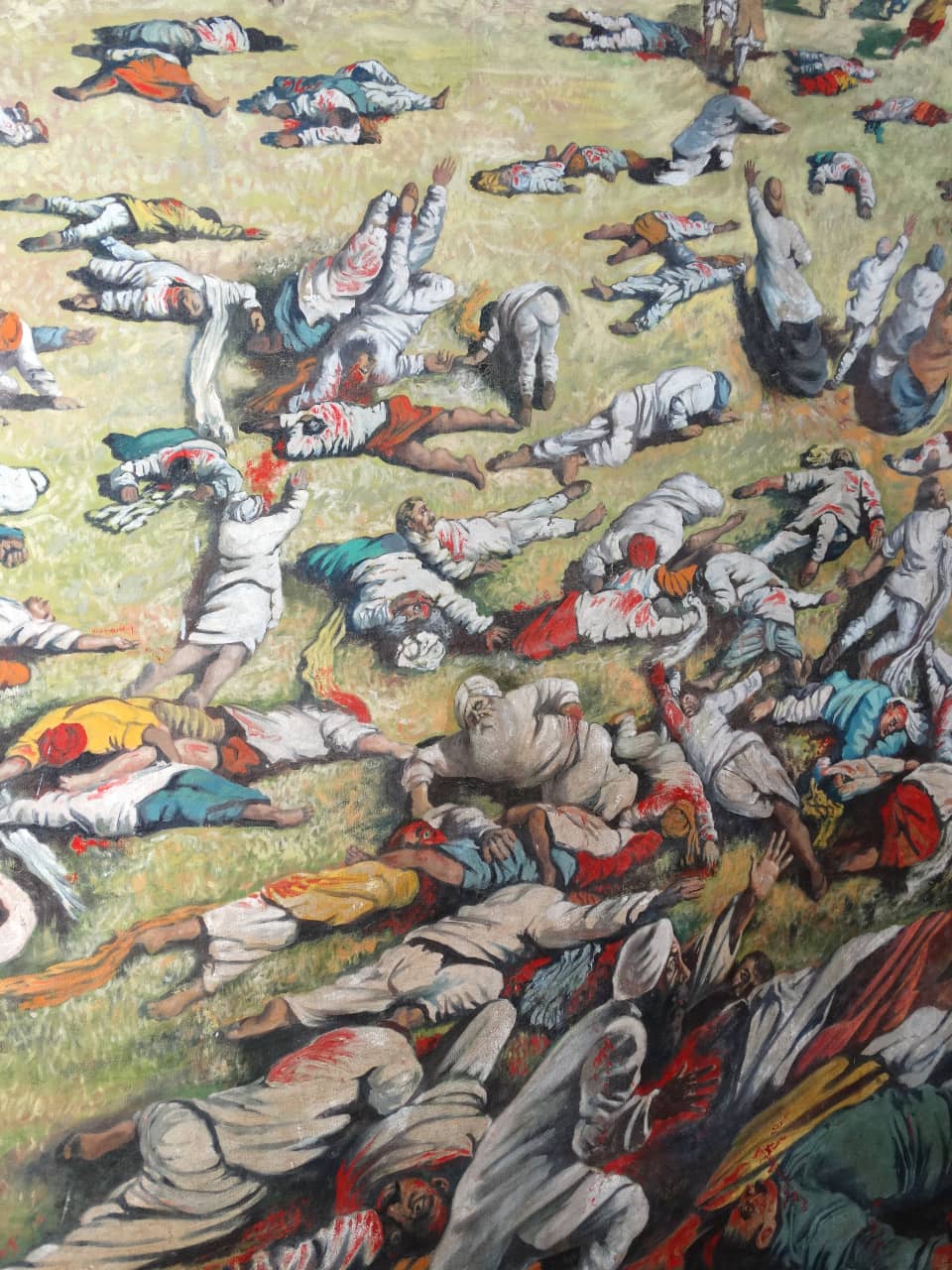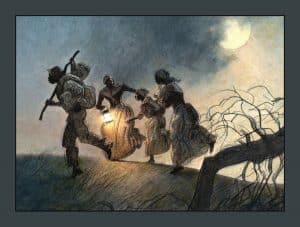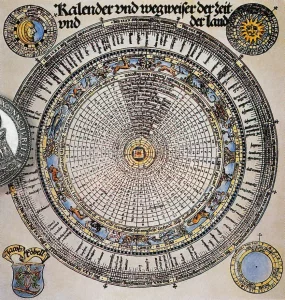Imagine being part of a peaceful protest, exercising your right to freedom of expression and assembly, when suddenly, without warning, you are met with a hail of bullets. The sound of gunfire echoes through the air as people around you fall to the ground, wounded or killed. You feel a surge of panic and confusion as you try to take cover, but there is nowhere to hide. The smell of gunpowder fills your nostrils as you watch in horror as people you know and love are shot down in front of you. The screams and cries of the wounded and dying are deafening, and you feel a sense of helplessness and despair wash over you.
As you try to take cover and make sense of what is happening, you hear the screams and cries of the wounded and dying all around you. The smell of gunpowder fills your nostrils as you watch in horror as people you know and love are shot down in front of you
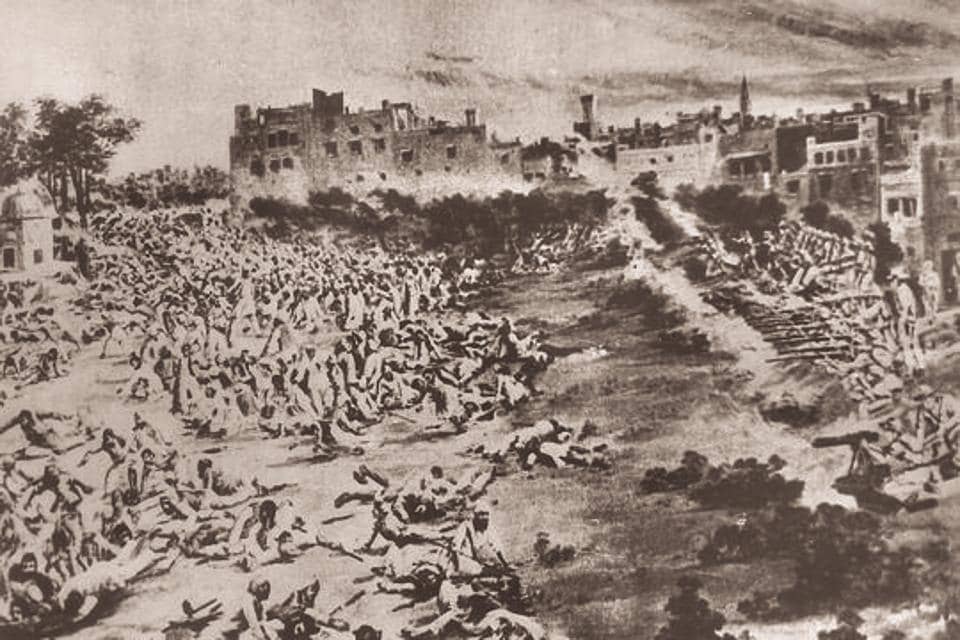
This was the reality for the people at the Jallianwala Bagh massacre, a tragic and horrific event that occurred in India during British colonial rule. The emotional impact of this event was devastating, not only for the victims and their families but for the entire Indian nation. The massacre was a gross violation of human rights and a stark reminder of the brutality and oppression of British rule in India.
Related: The Great Wall of China: The Ultimate Space Illusion?
The Jallianwala Bagh massacre was a tragic and horrific event that occurred in 1919 in the city of Amritsar, Punjab, India. On April 13 of that year, British Indian Army soldiers fired upon a crowd of unarmed Indian civilians who had gathered in the Jallianwala Bagh, a public garden, to participate in a peaceful protest against the arrest and deportation of two Indian national leaders. The shooting resulted in the deaths of 379 people, including women and children, and the injury of more than 1,200 others. The massacre was ordered by Brigadier-General Reginald Dyer, and is widely condemned as a gross violation of human rights.
After the massacre, there was widespread outrage among the Indian people and a renewed determination to fight for independence. The massacre also intensified the efforts of Indian national leaders, such as Mahatma Gandhi, to mobilize the Indian people in the non-violent resistance movement known as satyagraha.
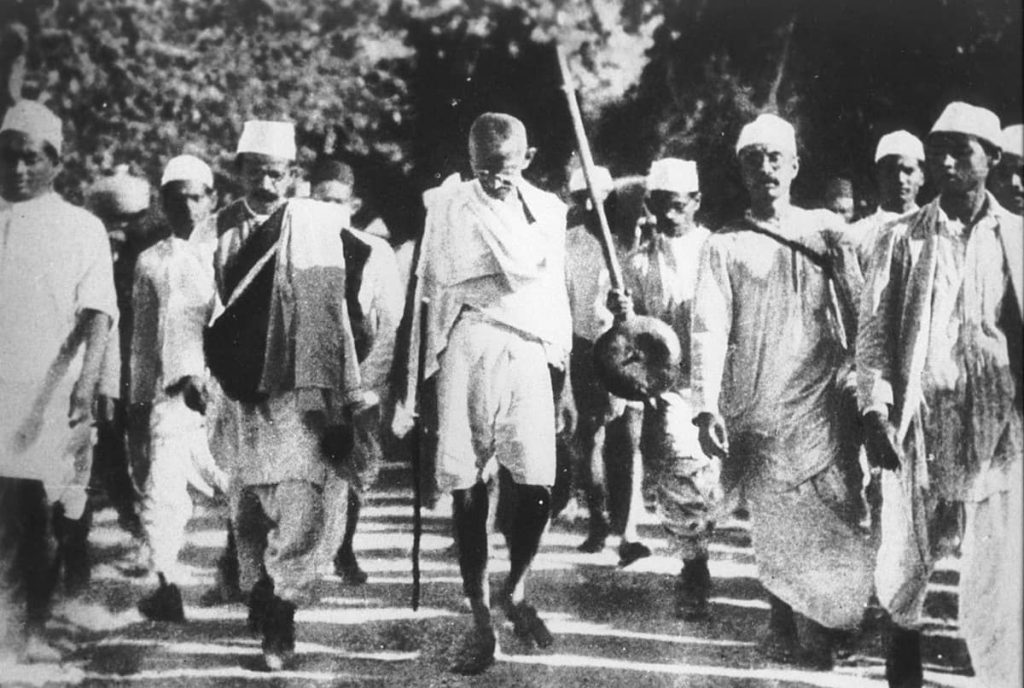
The massacre also had a lasting impact on British-Indian relations. It was widely condemned in Britain and around the world, and it led to increased calls for greater self-government and eventual independence for India. It is remembered as a symbol of the brutality and oppression of British colonial rule in India, and it had a profound impact on the course of India’s independence movement.
You May Like: 7 Shocking Misconceptions About the Holocaust: The Truth
It was a grave injustice and a violation of the rights of the Indian people. The use of lethal force against unarmed civilians who were participating in a peaceful protest was completely unwarranted and unjustifiable. The British government’s response to the massacre was also inadequate, as it failed to hold those responsible for the tragedy accountable for their actions.
The Unspeakable Atrocity: The Jallianwala Bagh Massacre and the British Government’s Failure to Apologize
The British government never formally apologized for the Jallianwala Bagh massacre. The British government’s response to the massacre was inadequate, as it failed to hold those responsible for the tragedy accountable for their actions. Dyer who gave the orders was later relieved of his command and retired from the military, but he was not formally charged or punished for his role in the massacre.
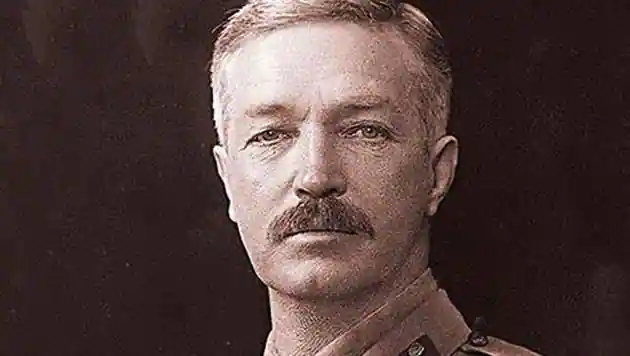
Despite the widespread condemnation, Dyer was hailed as a hero by some in Britain, and he received a number of awards and accolades for his actions. He was eventually forced to resign from the army, but he remained unrepentant for his role in the massacre. He remained unrepentant for his role in the massacre until his death in 1927.
In the years following the massacre, there have been calls for the British government to apologize for the events of Jallianwala Bagh and to acknowledge the suffering and sacrifices made by the Indian people during the colonial period. In 1997, the then-British Prime Minister Tony Blair expressed “deep regret” for the massacre, but stopped short of issuing a formal apology.
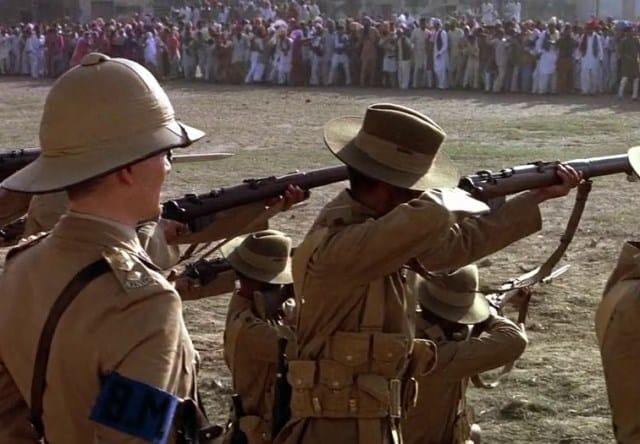
In 1997, the government of India erected a memorial at the site of the massacre to honor the victims and remember their sacrifice. Despite the importance of the Jallianwala Bagh massacre in the history of India’s independence movement, it is often overlooked or downplayed in mainstream accounts of British colonial history. It is important to remember and acknowledge this tragic event in order to better understand the struggles and sacrifices made by the Indian people in their fight for freedom.
You May Like: British in India: The History’s Most BRUTAL Execution Method
It is important to remember and acknowledge the injustices and atrocities committed during the colonial period, not only to honor the memory of the victims and their families, but also to learn from the past and ensure that such tragedies are never repeated. It is my hope that the British government will eventually issue a formal apology for the Jallianwala Bagh massacre and the suffering of the Indian people during British colonial rule.

